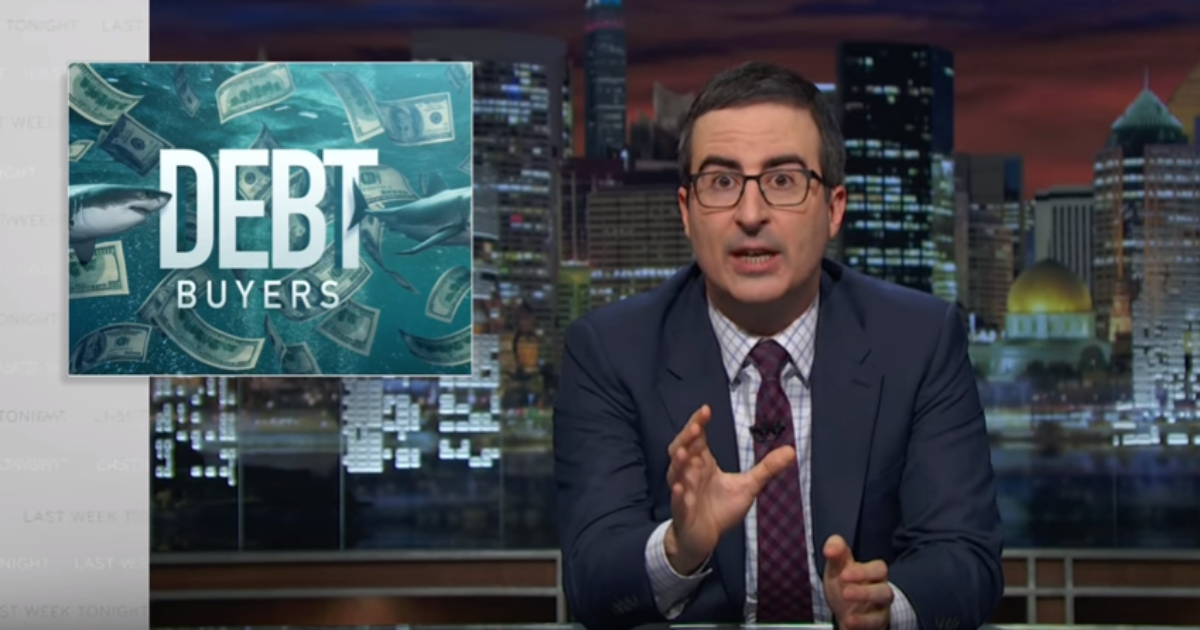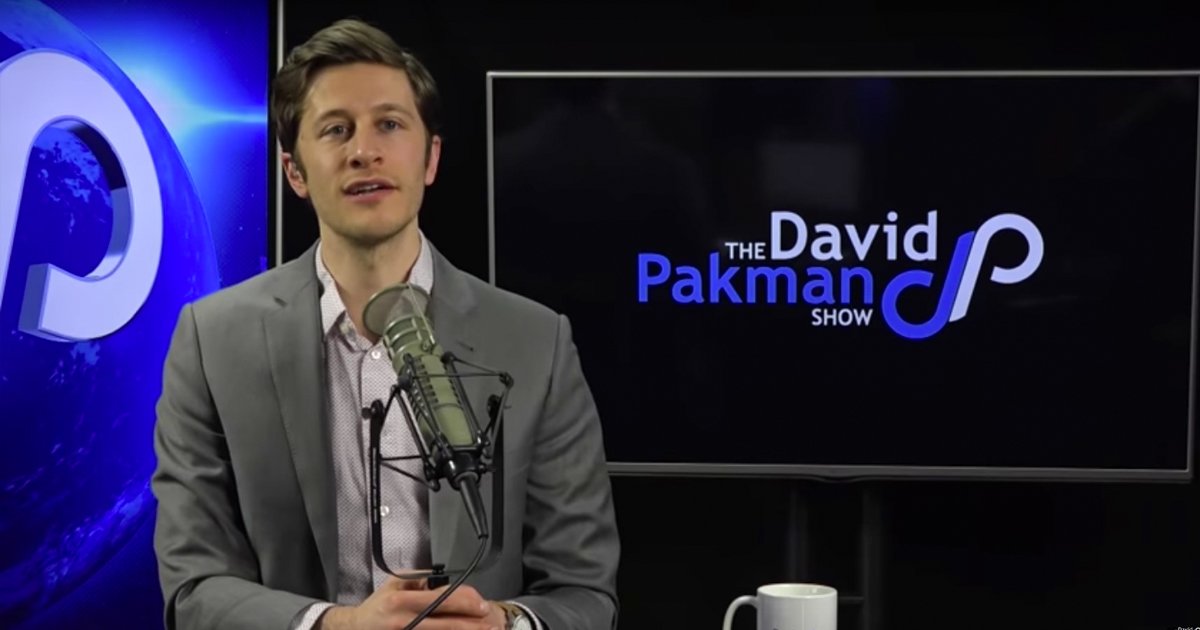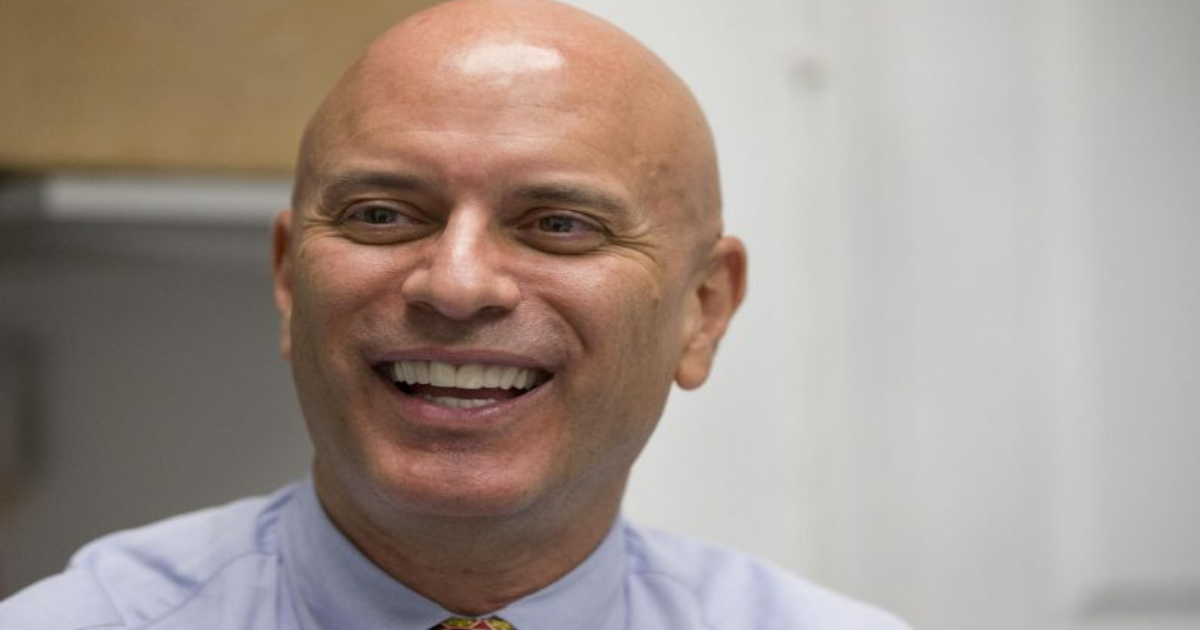If it seems like more and more presidential candidates are adopting a populist message, it’s because they know that it resonates well with the American public.
Bernie Sanders has gone from being a long shot candidate to being a very serious contender in a matter of months, simply by stating what he actually believes and talking about things that he’s been talking about for decades.
Other candidates have noticed that this is helping him in the polls, and so they too want to adopt the populist message.
But this story isn’t about hijacking messages or adopting the language of other candidates – this is about what the American people really want.
According to the latest statistics available, the majority of Americans support the idea of providing tuition-free college, which includes having the government pay for college for students.
78% say that we should limit greenhouse gas emissions; 65% want to see the issue of income inequality addressed immediately. And 59% want a Medicare for all, universal healthcare option from the federal government.
Vast majorities of US citizens agree that the rich don’t pay their fair share in taxes; Most want offshore tax havens shut down; The majority want equal pay for women; And most people support the idea of breaking up the big banks and doing away with the concept of Too Big To Fail.
Whether people want to admit it or not, Americans are a populist people. The problem is that most people don’t even know what the term populism means, but they have negative word association with it, so they try to avoid it. But on issue after issue, Americans support populist ideas.
As Terrance Heath at the Campaign for America’s Future points out, the populist agenda is an electable agenda because it directly reflects the wants and needs of the American public.
So why are so many Democratic candidates running away from the label and these ideas? In the 2014 midterms, Democrats were absolutely trampled on because they ran away from these ideas. But in state after state, populist ballot initiatives passed by overwhelming margins. Weak democratic candidates who were afraid to embrace their true beliefs were left behind, and instead we elected a new crop of science-hating, Obama-hating Republicans who have managed to make our government almost completely incapable of governing.
As we get close to the 2016 elections, Democrats need to remember the lessons that we learned in 2014. And they need to look at polling data. The American people, by large margins and across party lines, support the ideals of the Democratic Party, and we need Democratic candidates that do the same. They need to be tough, they have to be strong, and they have to fight back against Republican attacks. Weak candidates who refuse to fight will not stand a chance in this next election, and with 26 Republican-controlled Senate seats up for grabs and the fate of the House of Representatives at stake, this is not the time for Democrats to run away from their ideals.



